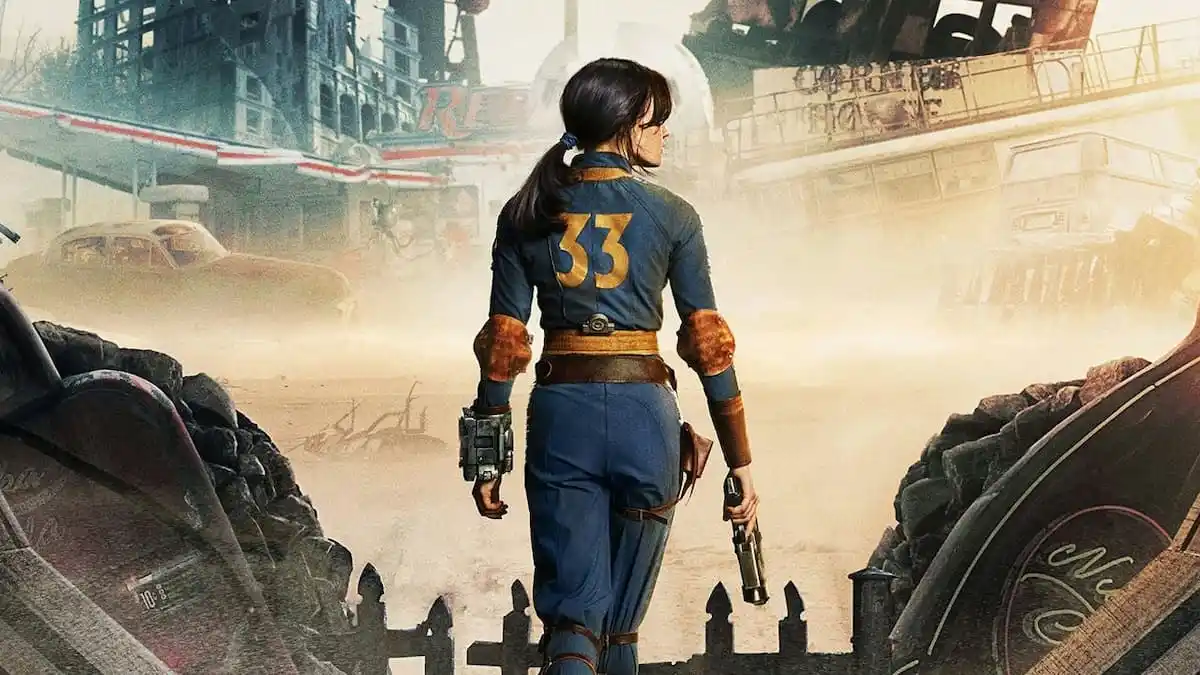With Tell Me Why, Dontnod Entertainment is, again, telling a story that strikes to the very heart of pertinent societal issues. Its theme this time is the “post-truth” world of subjective realities and alternative facts, filtered through a personal lens. Dontnod transforms those concepts into a gameplay mechanic, creating what may be the most ludonarratively cohesive interactive drama since Telltale’s The Walking Dead, as well as a nuanced consideration of the deep divisions within global politics.
Telltale succeeded in making player choices matter in The Walking Dead. It was an extension of the player-influenced storytelling the studio had already refined, applied to a vogue multimedia franchise. The combination of an intense world, moral ambiguity, focus on narrative development, and tangible consequences made choices feel as meaningful for the player as they were for Lee. It was something of a revelation for the way games might tell stories.
Unfortunately, in the years that followed, Telltale failed to meaningfully evolve that gameplay formula, resulting in stagnation. However, as Telltale waned, Dontnod waxed with Life is Strange.
The first entry of that series took what The Walking Dead did right and added more traditional gameplay elements. Time manipulation as both a narrative device and gameplay mechanic tried to match the same resonance as Telltale’s choices, though the cohesion between story and play was uneasy.

For example, Max makes enormous changes to the timeline by traveling back, but players can affect, at most, minutes of the immediate past. Life is Strange 2 tried to avoid that sense of dissonance by giving the supernatural powers to a supporting character. Thus, access could be rationed in a way that made narrative sense. In both games, the gatekeeping of powers speaks to the unpredictability of life, but it does so in a way that is obviously artificial and arbitrary.
Tell Me Why goes a long way towards resolving the misalignment between narrative and gameplay. A part of its success is simply that the Ronan twins’ supernatural powers are more modest than the reality-warping abilities of Max Caulfield and Daniel Diaz. The twins can communicate telepathically and summon visions from their pasts.
Dontnod’s clever implementation of those powers is key to achieving ludonarrative unity.
The game begins with a young Tyler Ronan confessing to killing his mother before flashing forward 10 years to the twins’ reunion. Tell Me Why is a homecoming tale that rapidly veers into mystery as the twins delve into the past and begin to realize that what they think they know is not the whole — or even true — story.

This interest in history’s mysteries exposes the thematic interest in truth, which is reinforced by the twins’ ability to manifest the past. With that comes an acknowledgement of the slipperiness of truth. It begins small, with Alyson misremembering directions to guide Tyler into their house. It seems like an innocent mistake and a throwaway moment, yet it takes on greater significance with later context. As the twins explore the house, they uncover new information about their mother that forces them to reconsider their imagining of her as a filicidal monster. To learn more, they decide to question an old family friend.
Predictably, that friend has secrets, facts that she has used to guide her past decisions and chosen not to disclose to the twins. The same holds true of the town’s police chief and other miscellaneous characters the twins interact with. Of course, this is typical of the mystery genre — the withholding and slow doling out of new and alternative facts through various channels is key to driving consumer investment.
Tell Me Why takes that structural norm a step further. Alyson’s early misfiring memory is a sign of things to come. As the twins explore the past to guide their actions in the present, they find their recollections misaligned. Where one remembers anger, another remembers desperation. Both memories are presented with certainty and both appear equally valid — different interpretations of the same event, the same data. The conflict does not change, only its context, which flows through the way the twins react. The decision of which memory to accept as true influences how they proceed in pressing for information, based on an updated understanding of what they think they know.

This subjectivity reflects the contemporary media landscape, the world of “fake news,” where outlets frame information in particular ways to suit an agenda or influence their audiences. And Dontnod’s drawing of attention to it feels all the more pointed for avoiding any of the divisive issues that populate our newspapers, bulletins, and social media feeds. Through little more than observation, the player is guided to see how the packaging of information can result in different takeaways — even when that packaging is unintentional.
The game rams the point home by positioning the player as the one responsible for creating the narrative. Functionally, the process is exactly the same as it was in The Walking Dead: You consider the options, make a choice, and move forward. Here, though, rather than thinking about the potential consequences, you think about what makes sense — what fits into the established narrative and how it may be shaped by the differing interpretations. Unlike Sherlock Holmes, Mystery Road, or Ace Attorney, Tell Me Why is not about finding the truth; it is about creating one, and that makes it a product very much of its time.
Big statements can be made through small gestures. Dontnod seems to know that. Tell Me Why doesn’t reinvent the interactive drama. Instead, it uses established conventions in a new way to challenge the player to view the world in a new light. Through a simple shift in tense, Tell Me Why asks us to confront one of the most pernicious issues of our age.





